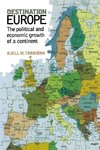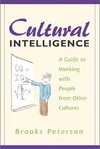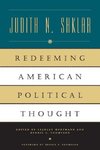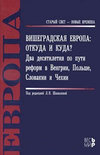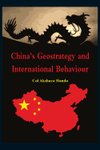
-
 Anglický jazyk
Anglický jazyk
Peru In The Guano Age
Autor: Alexander James Duffield
Peru In The Guano Age
Alexander James Duffield
Although Peru may boast of its Age of Guano, it has had its Golden Age. This was before any Spaniard had put his foot in the country, and when as yet it was called by quite another name. The name...
Viac o knihe
Na objednávku
18.81 €
bežná cena: 20.90 €
O knihe
Peru In The Guano Age
Alexander James Duffield
Although Peru may boast of its Age of Guano, it has had its Golden Age. This was before any Spaniard had put his foot in the country, and when as yet it was called by quite another name. The name of Peru, which signifies nothing, arose by accident or mistake. It was first of all spelled Piru, no doubt from Biru, the native name of one of its rivers. Time and use, which establish so many things, have established Peru and it is too late to think of disestablishing it for anything else: and though it is nothing to boast of, let Peru stand. The country had its Stone Age, and I have brought for the Cambridge antiquaries a fair collection of implements of that period, consisting of lancets, spear-heads, and heads for arrows, exquisitely wrought in flint, jasper, opal, chalcedony, and other stones. They were all found in the neighbourhood of the Pisagua river.
It is to be regretted that no material evidence of equal tangibility is forthcoming of the Age of Gold. This is generally the result of comparison founded on historical criticism. In the Golden Age Peru had- I. A significant name, a well-ordered, fixed, and firm government, with hereditary rulers. Only one rebellion occurred in twelve reigns, and only two revolutions are recorded in the whole history of the Inca Empire. II. The land was religiously cultivated. III. There was a perfect system of irrigation, and water was made the servant and slave of man. IV. The land was equally divided periodically between the Deity, the Inca, the nobles, and the people. V. Strong municipal laws enforced, and an intelligent and vigorous administration carried out these laws, which provided for cleanliness, health, and order. VI. Idleness was punished as a crime work abounded for all and no one could want, much less starve. VII. No lawsuit could last longer, or its decision be delayed more, than five days. VIII. Throughout the land the people everywhere were taught such industrial arts as were good and useful, and were also trained by a regular system of bodily exercises for purposes of health, and the defence of the nation. IX.
Every male at a certain age married, and took upon himself the duties of citizenship and the responsibilities of a manly life: he owned his own house and lived in it, and a portion of land fell to him every year, which was enlarged as his family increased. X. Great public works were every year built which added to the strength and glory of the kingdom. XI. Deleterious occupations or such as were injurious to health were prohibited. XII. Gold was used for ornament, sacred vessels of the temple, and the service of the Inca in his palaces. There is a tradition that this precious metal signified in their tongue 'Tears of the Sun.' Whether this be an ancient or a modern tradition no one can tell us. It may be not more than three and a half centuries old. XIII. A man ravishing a virgin was buried alive. XIV. A man ravishing a virgin of the Sun, that is, one of the vestal virgins of the Temple, was burnt alive. XV. It was accounted infamous for a man or woman to wear other people's clothes, or clothes that were in rags. XVI. Roads and bridges were among the foremost public works which bound the vast country together. XVII.
Public granaries, for the storing of corn in case of emergency, were erected in all parts, and some very out-of-the-way parts of the kingdom.
- Vydavateľstvo: Les prairies numériques
- Rok vydania: 2020
- Formát: Paperback
- Rozmer: 210 x 148 mm
- Jazyk: Anglický jazyk
- ISBN: 9782382743010
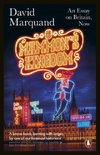
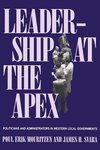



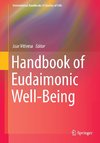

 Nemecký jazyk
Nemecký jazyk 
 Ruský jazyk
Ruský jazyk 